The Syracuse University Graduate School Programs annually solicits nominations from graduate students, faculty, staff and alumni for the Excellence in Graduate Education Faculty Recognition Award. This award honors faculty who have a significant, positive influence on graduate education through their commitment to superior graduate teaching, dedication to departmental and community presence and research initiatives. Nominations are reviewed and winners selected by an interdisciplinary committee of graduate students.
Congratulations to the 2024 award recipients!
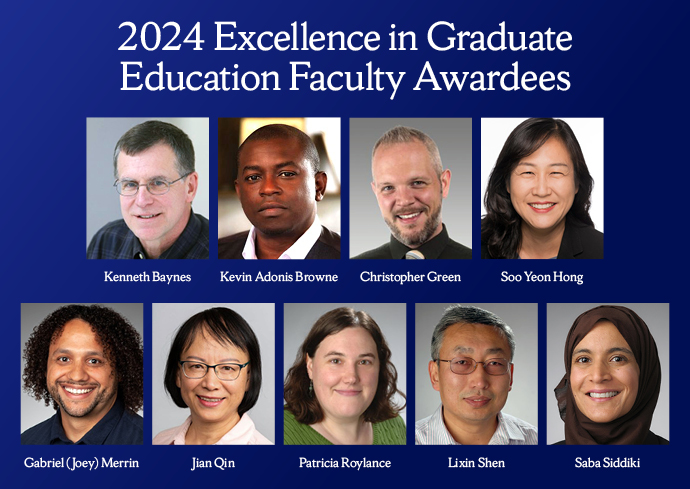

Kenneth Baynes, professor of Philosophy in the College of Arts and Sciences
Baynes, who is also an associate in the Campbell Public Affairs Institute at the Maxwell School, studies social and political philosophy, critical theory and modern and contemporary German philosophy. He is currently examining the characteristics of rules and practices, the grounding of moral principles within practical reason and the relationship between democracy and basic rights.
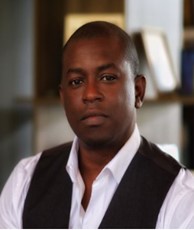
Kevin Adonis Browne, associate professor of Writing Studies, Rhetoric and Composition in the College of Arts and Sciences
Browne’s interests intersect in the visual arts, vernacular philosophy and the rhetoric and literature of the Caribbean. His research and creative activities encompass digital projects, poetry and essay publications, original fine art, documentary photography, contemporary art and local and international exhibitions. He also researches the theory and practice of rhetoric and poetics that shape the African diaspora.
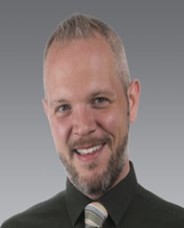
Christopher Green, associate professor of Languages, Literatures and Linguistics in the College of Arts and Sciences
Green’s linguistics research focuses on African languages, including those in the Mande, Cushitic, Dogon, Jarawan and Bantu families. He recently completed a Somali reference grammar. He has published articles on syllable theory, word structure and the use of tone and rhythm in speech.
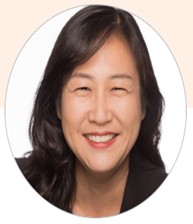
Soo Teon Hong, associate teaching professor of Public Relations in the S.I. Newhouse School of Public Communications
Hong serves as the Newhouse School’s public relations graduate program director and teaches introductory courses in graphic design, social media, visual communications theory and multimedia storytelling for undergraduate, graduate and military visual journalism students. She has worked as a marketer, graphic designer for national magazines and editorial assistant for a communications research journal.
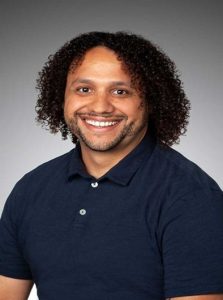
Gabriel “Joey” Merrin, assistant professor of Human Development and Family Science in the David B. Falk College of Sport and Human Dynamics
Merrin teaches courses in child and adolescent development and advanced statistical methods. Trained in developmental psychology and applied methodology, he researches developmental processes that contribute to problem behaviors in adolescents. He looks at how experiences with families, peers, teachers and communities, particularly those involving identity-based harassment, may influence behavior.
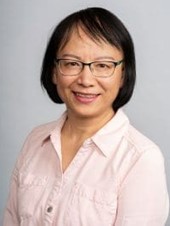
Jian Qin, professor in the School of Information Studies
Qin teaches and researches the topics of metadata, knowledge and data modeling, scientific communication, research collaboration networks and research data management. She directs a lab using big metadata analytics and metadata modeling and linking, plus manages a team that studies biomedical collaboration networks framed by the theory of collaboration capacity.
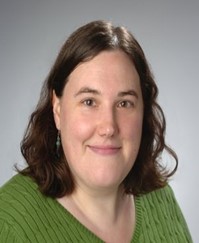
Patricia Roylance, associate professor of English in the College of Arts and Sciences
Roylance’s work examines early American literature and culture; nationalism, transnationalism and comparative colonialisms; geography; the organization and perception of time and history; and print culture and the history of the book. She is the author of “Eclipse of Empires: World History in Nineteenth-Century U.S. Literature and Culture,” and is now writing a book that tracks the shifting meanings of cultural literary artifacts.
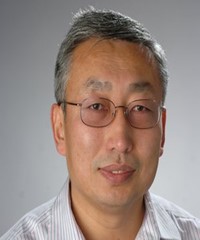
Lixin Shen, professor of Mathematics in the College of Arts and Sciences
Shen’s work focuses on the applied and computational aspects of harmonic analysis, a branch of mathematics that investigates connections between a function and its representation frequency. He also studies how to optimize those applications in imaging science and information processing, including in wavelet analysis and image and signal processing. He holds a patent for a wavelet-enhanced automated fingerprint identification system with four other researchers.
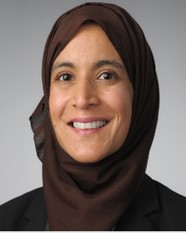
Saba Siddiki, associate professor of Public Administration & International Affairs in the Maxwell School of Citizenship and Public Affairs
Siddiki is the Chapple Family Professor of Citizenship and Democracy and director of the Master of Public Administration (MPA) program in the Maxwell School. She also directs the Center for Policy Design and Governance and is a senior research associate for the Center for Policy Research, Center for Environmental Policy and Administration, Program for the Advancement of Research on Conflict and Collaboration and Autonomous Systems Policy Institute. She focuses on policy design, collaborative policymaking, institutional theory and analysis and regulatory implementation and compliance.
